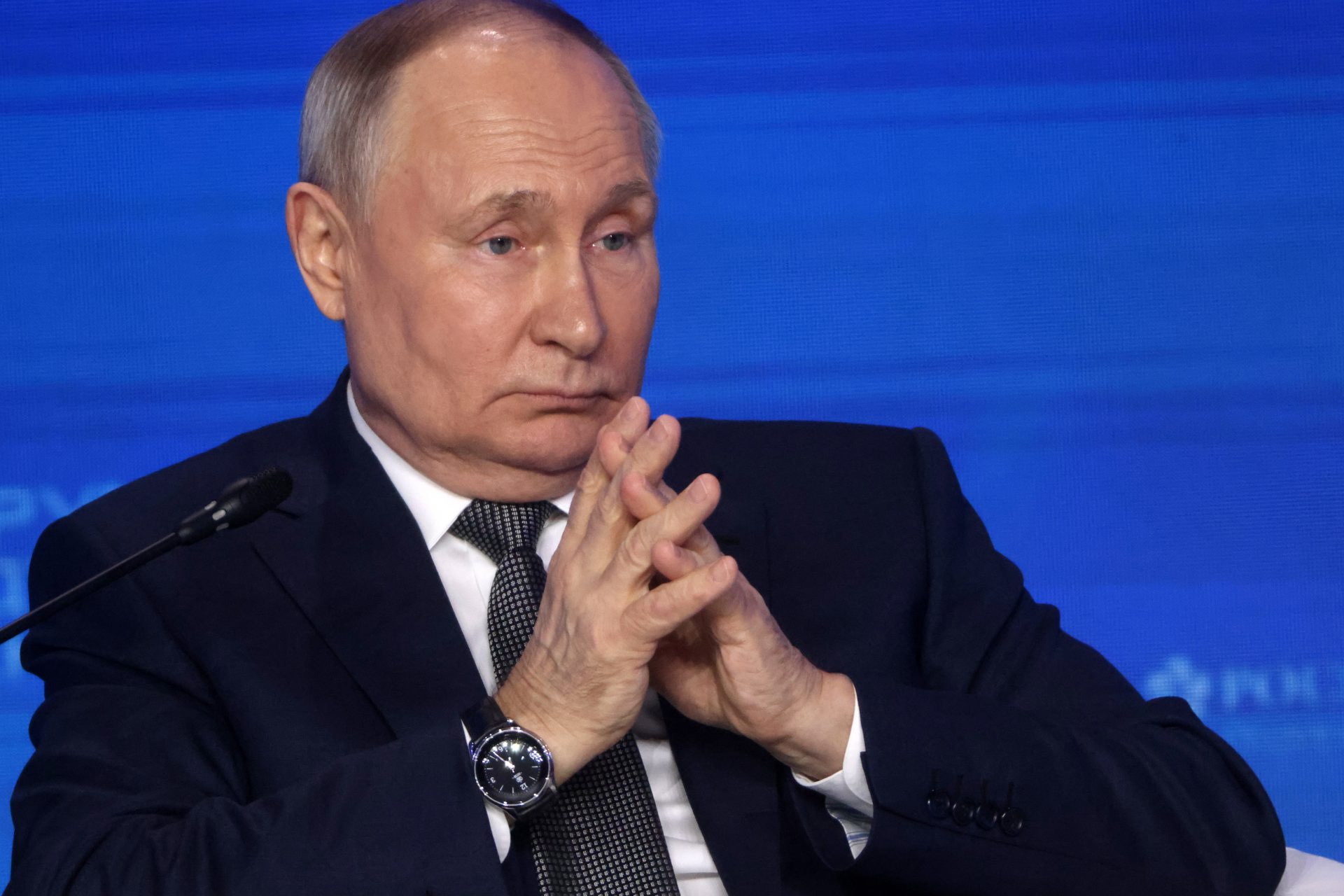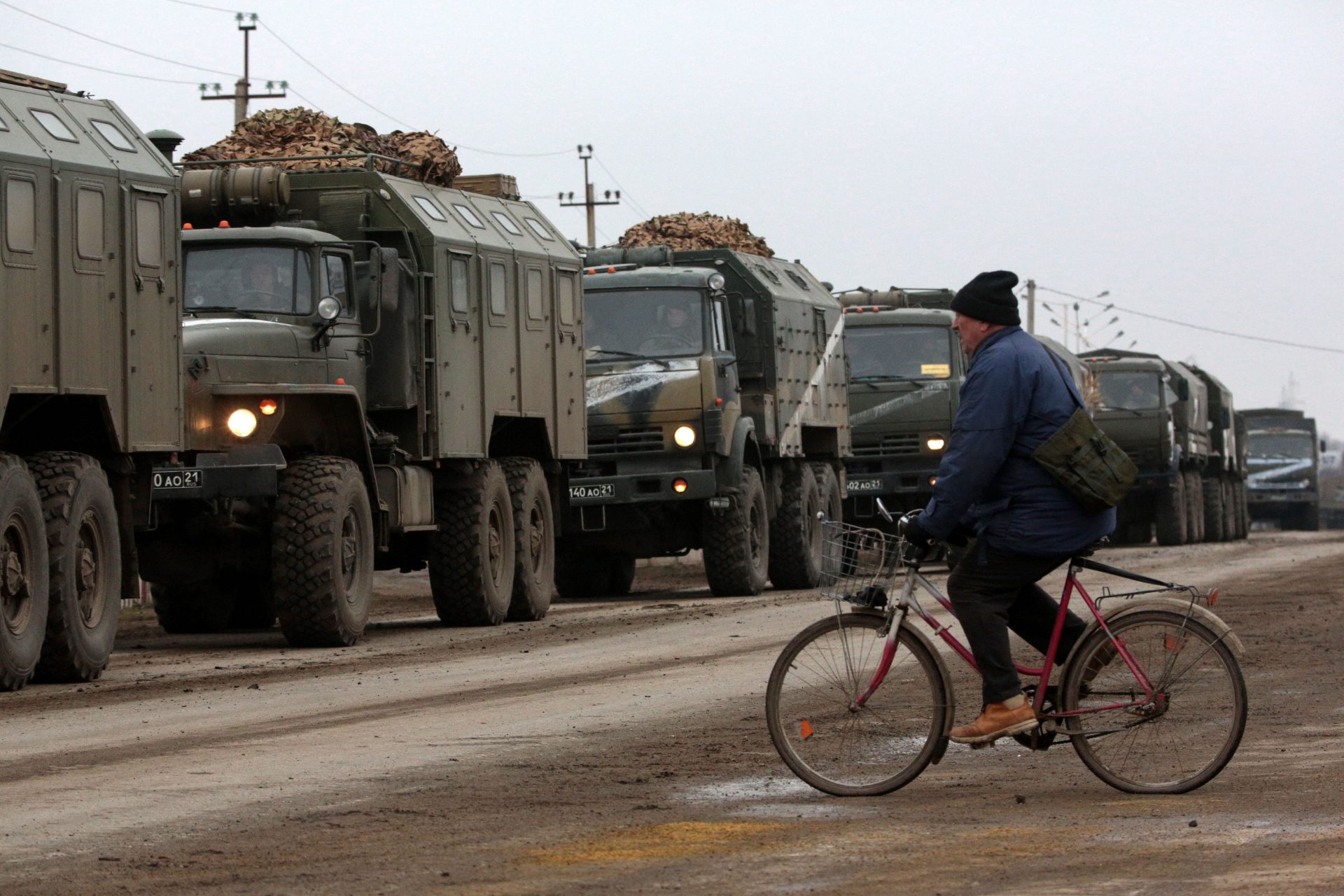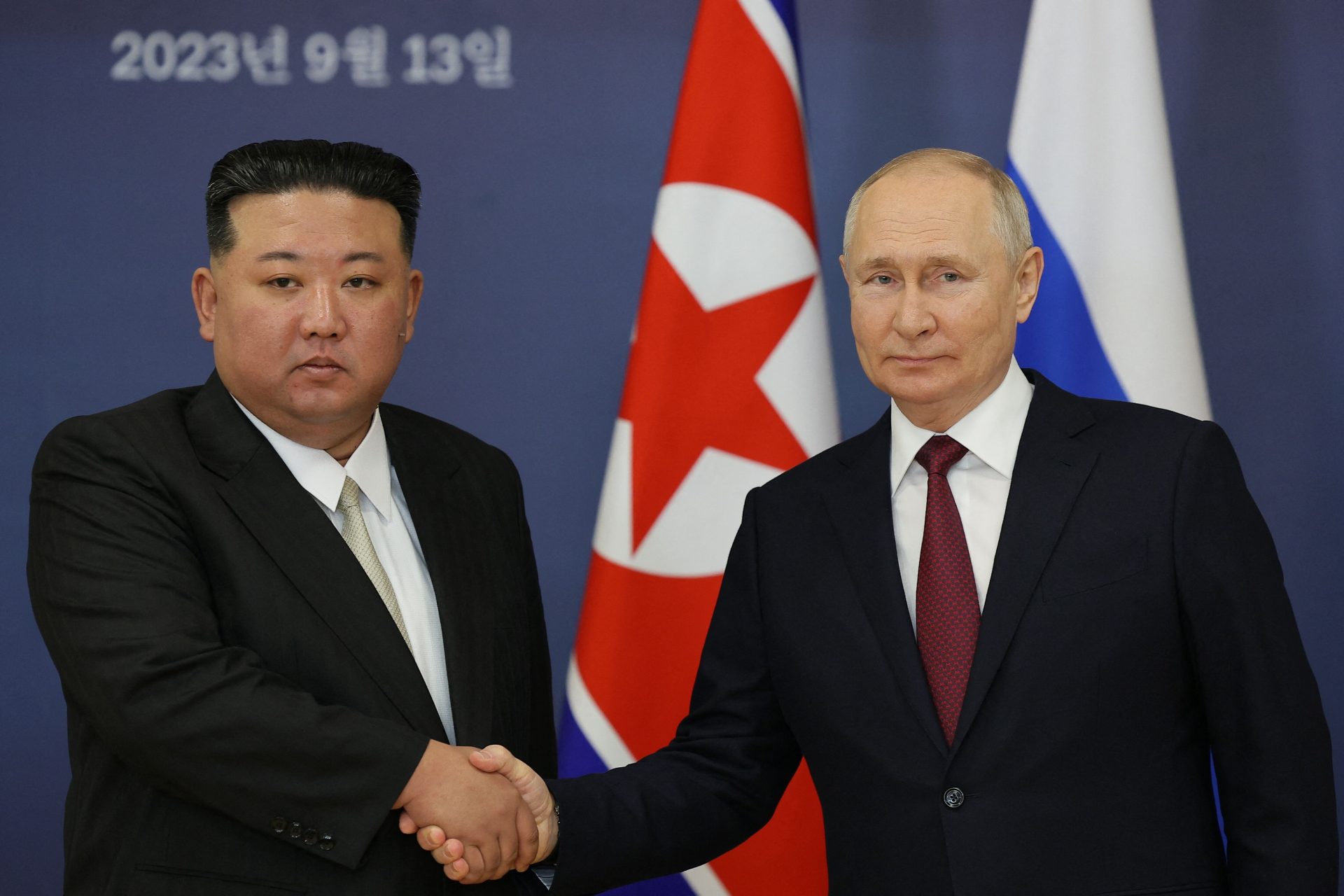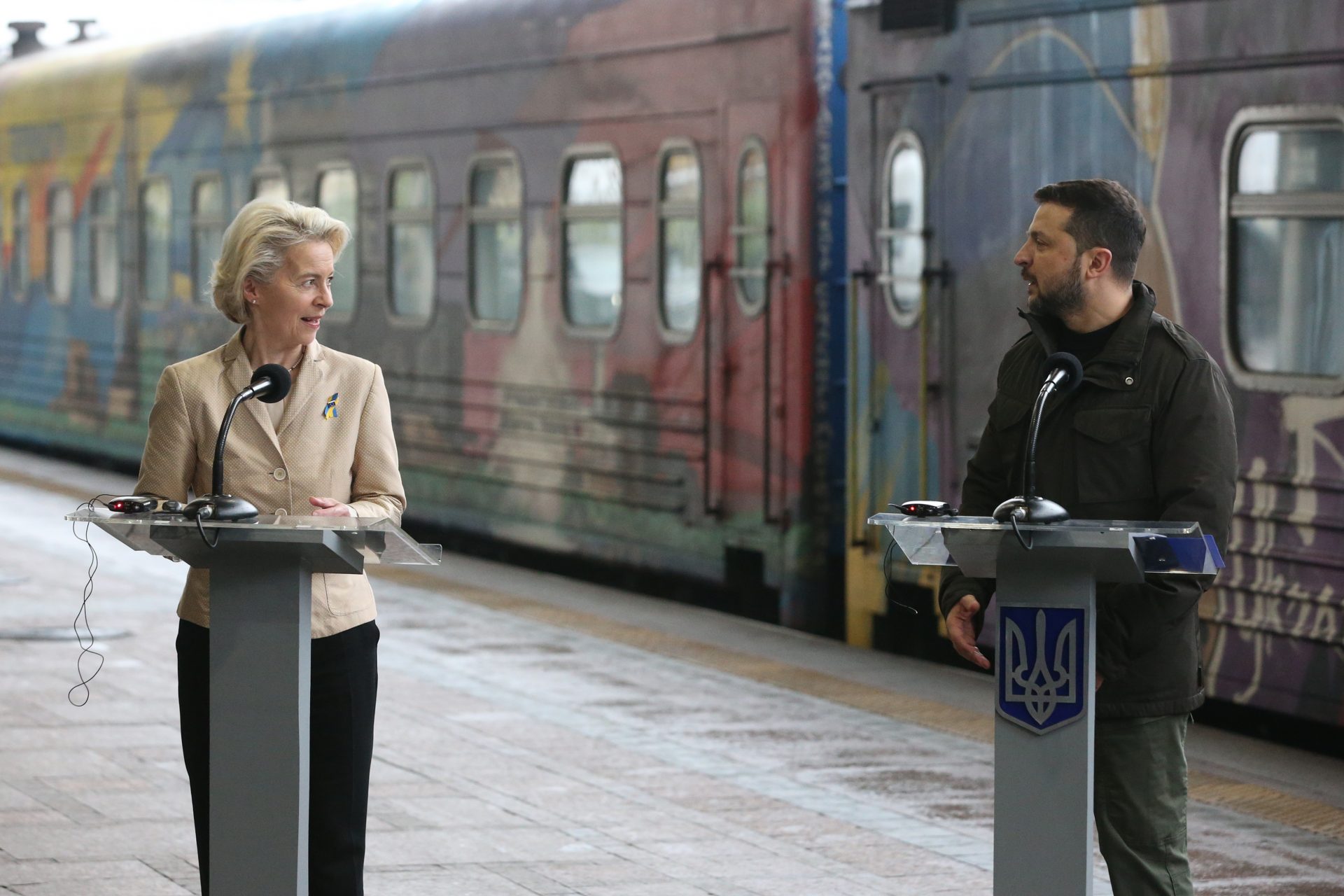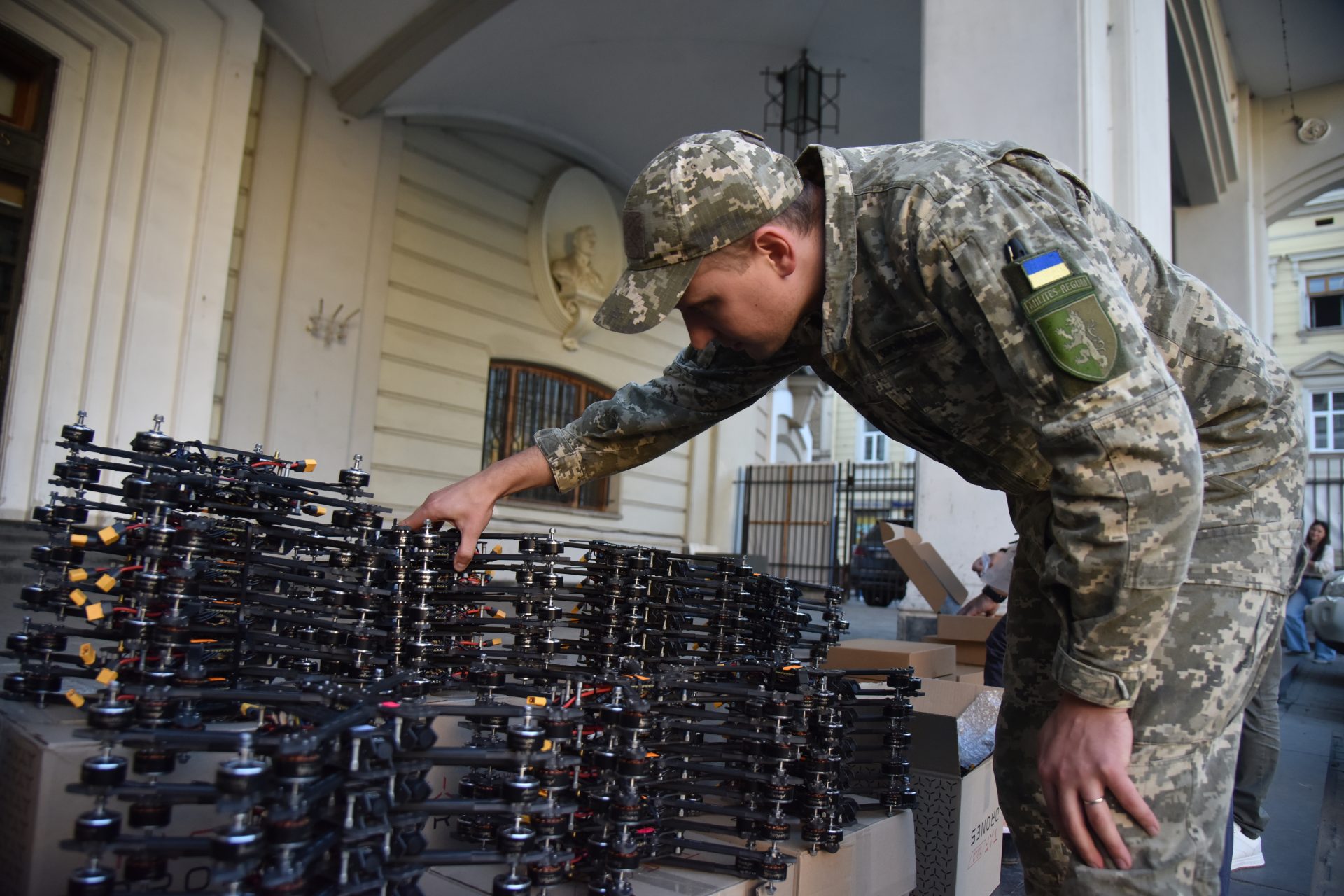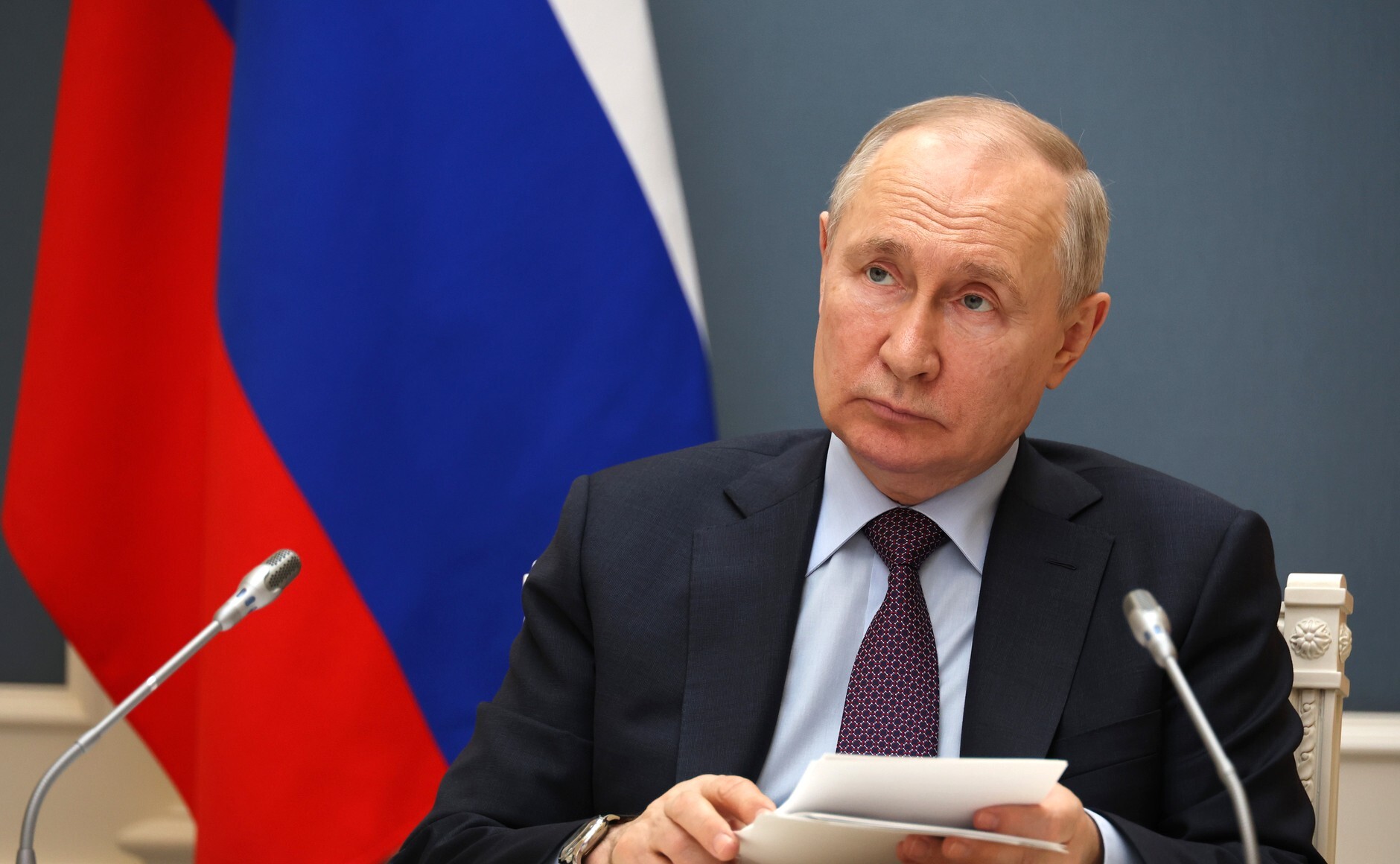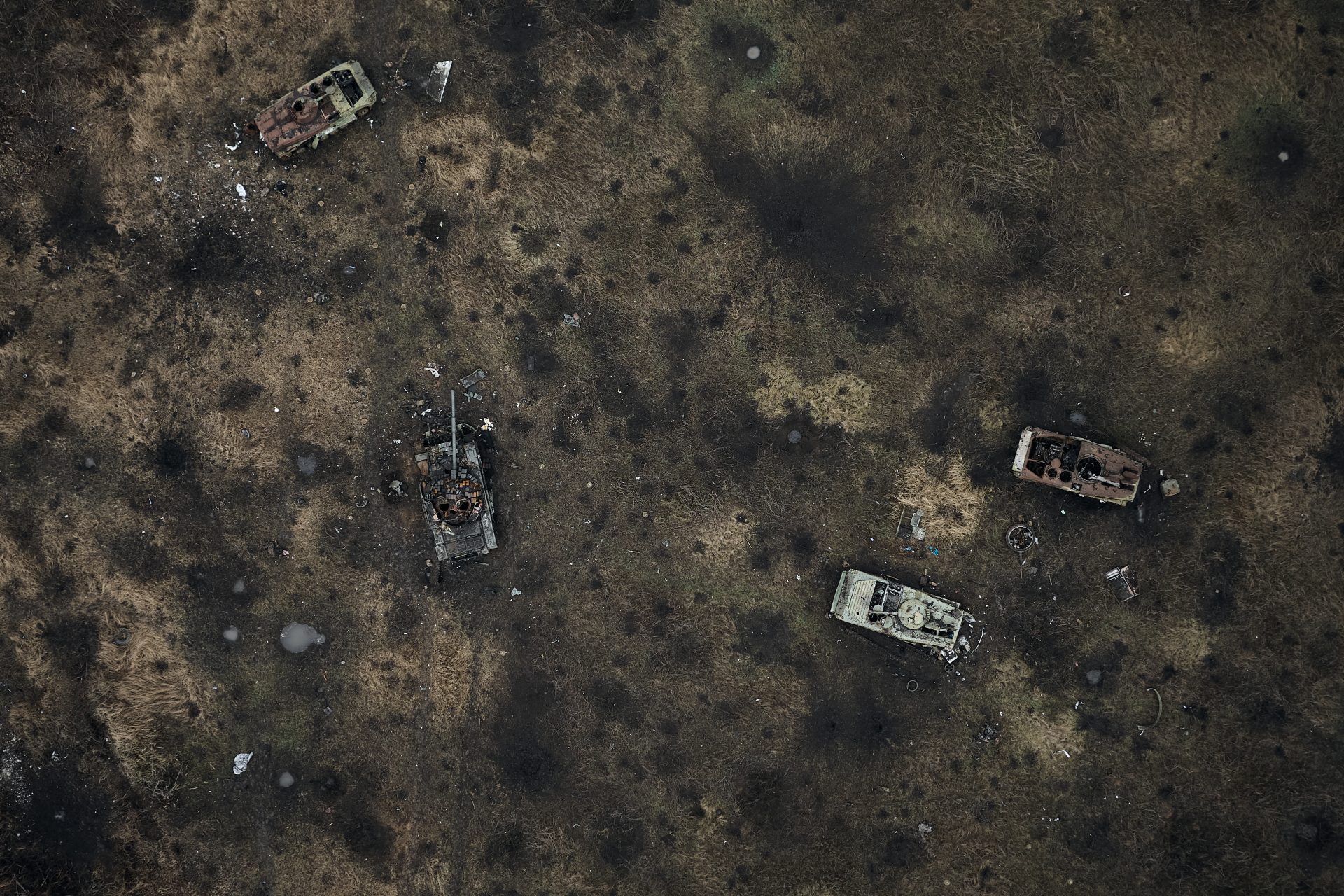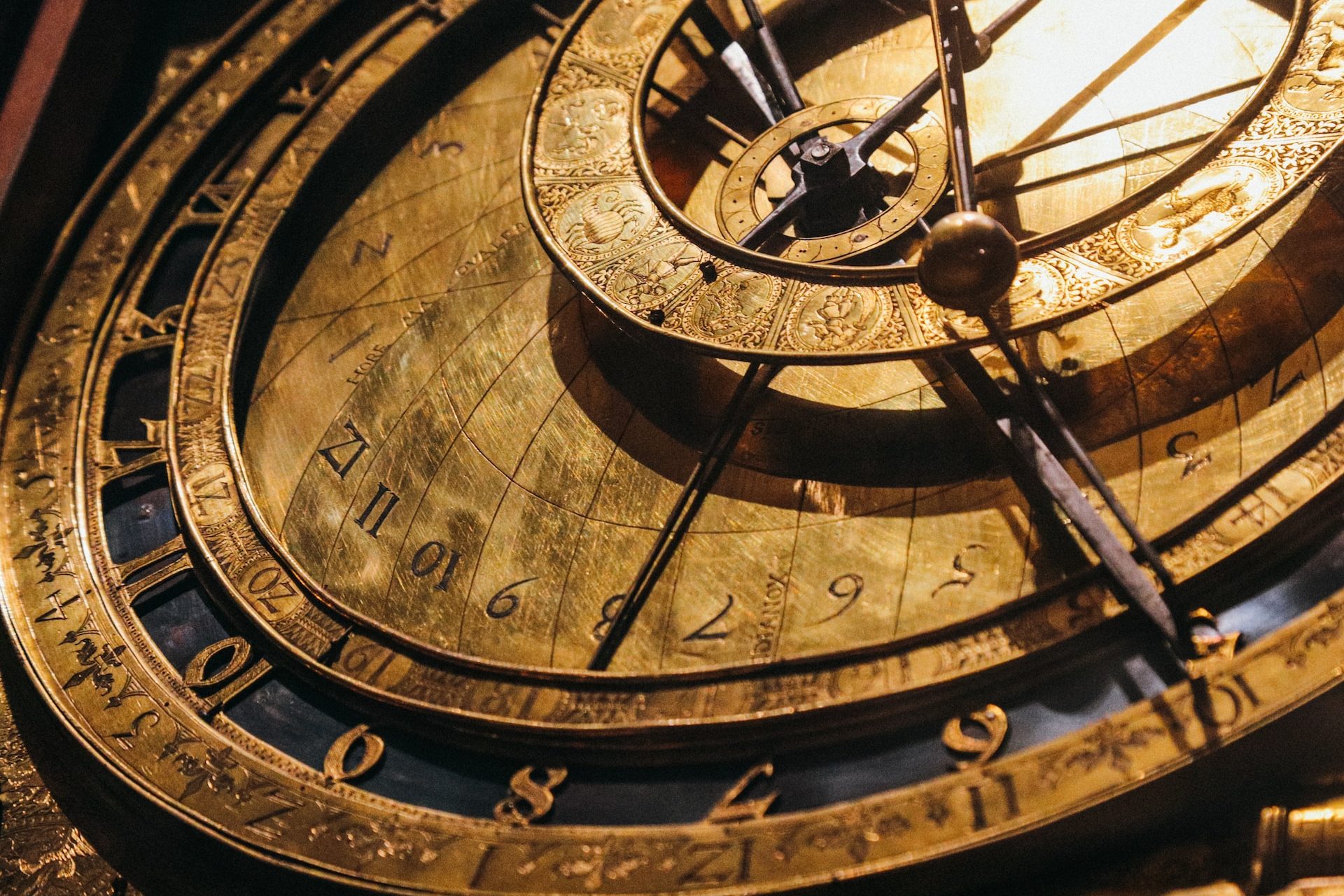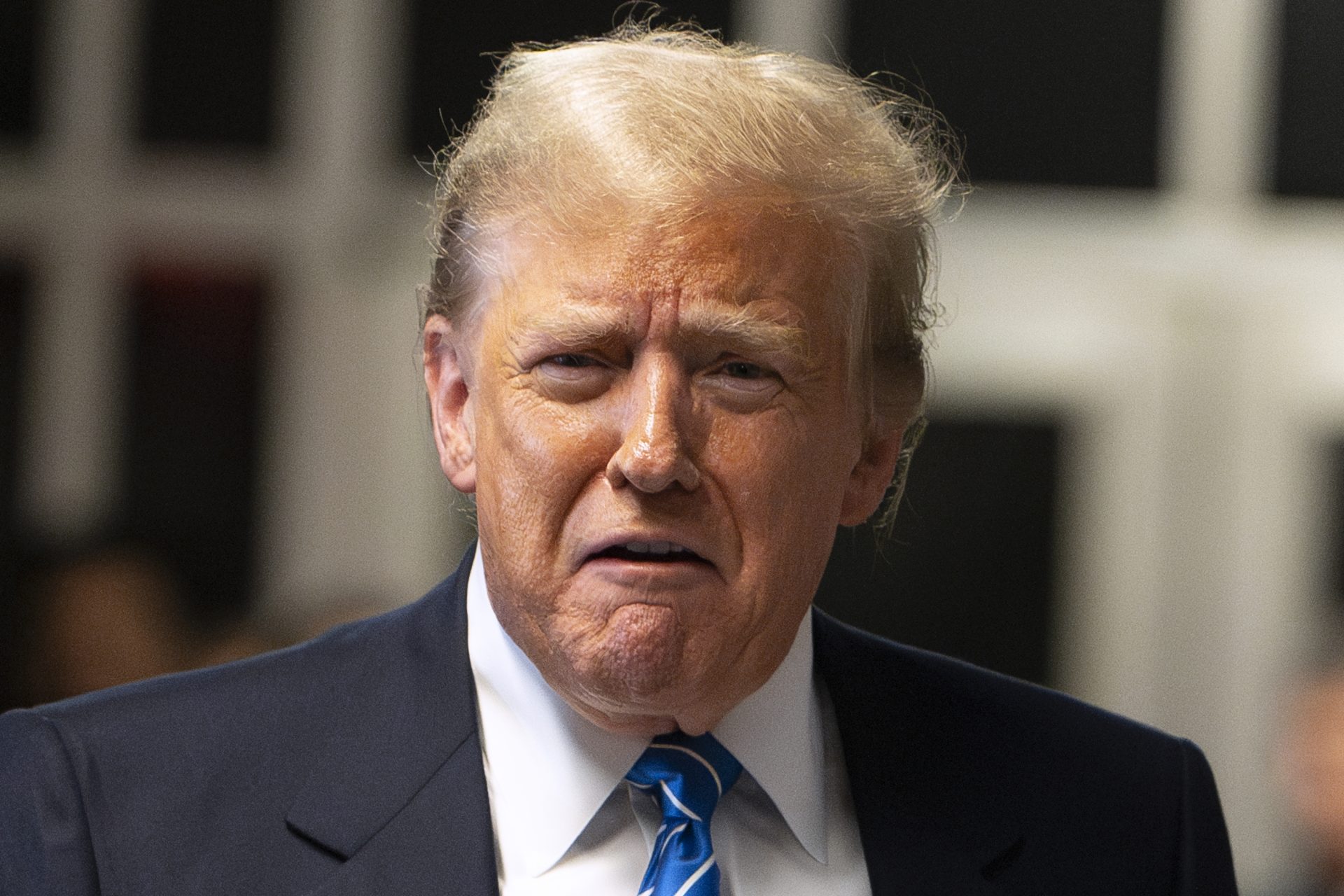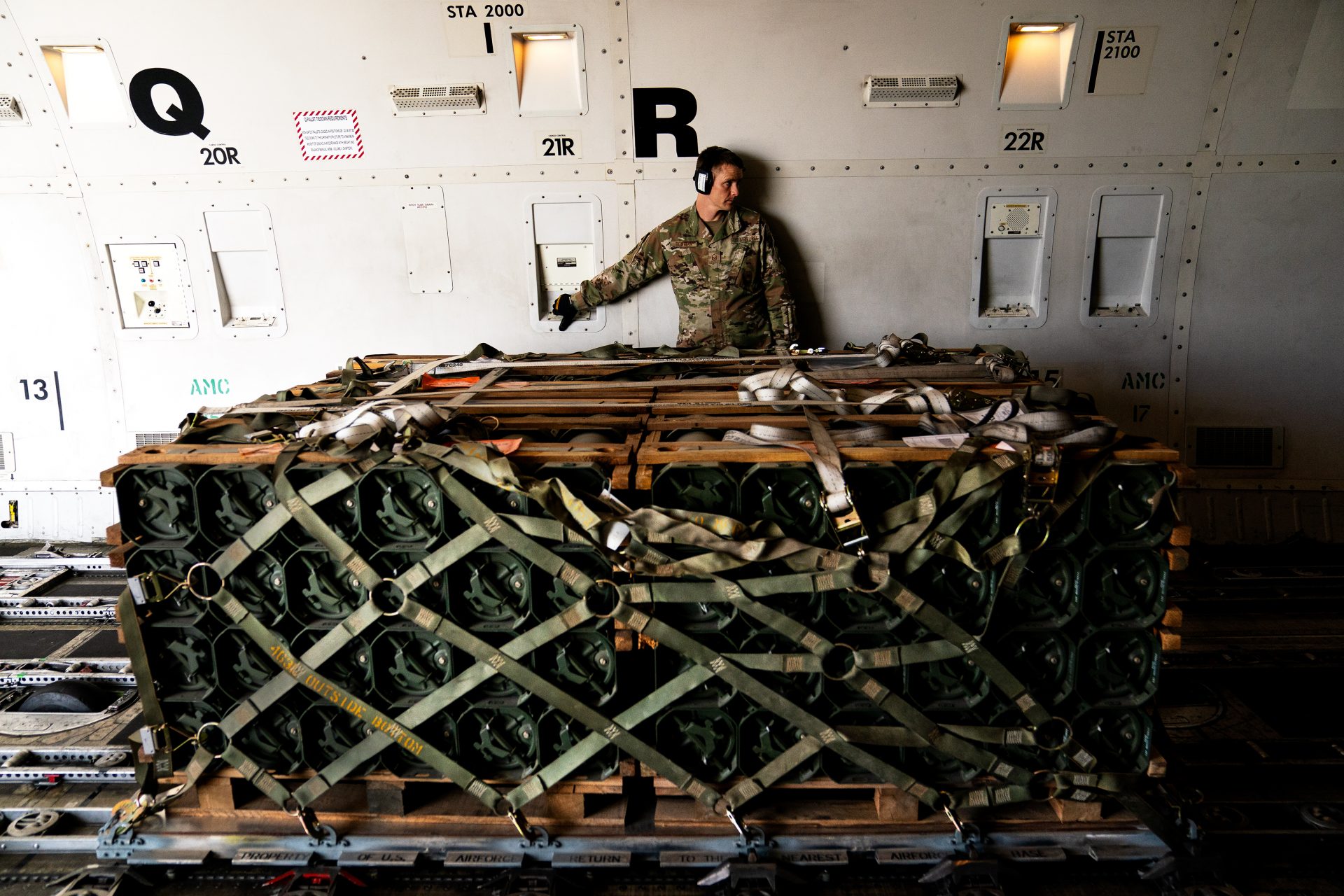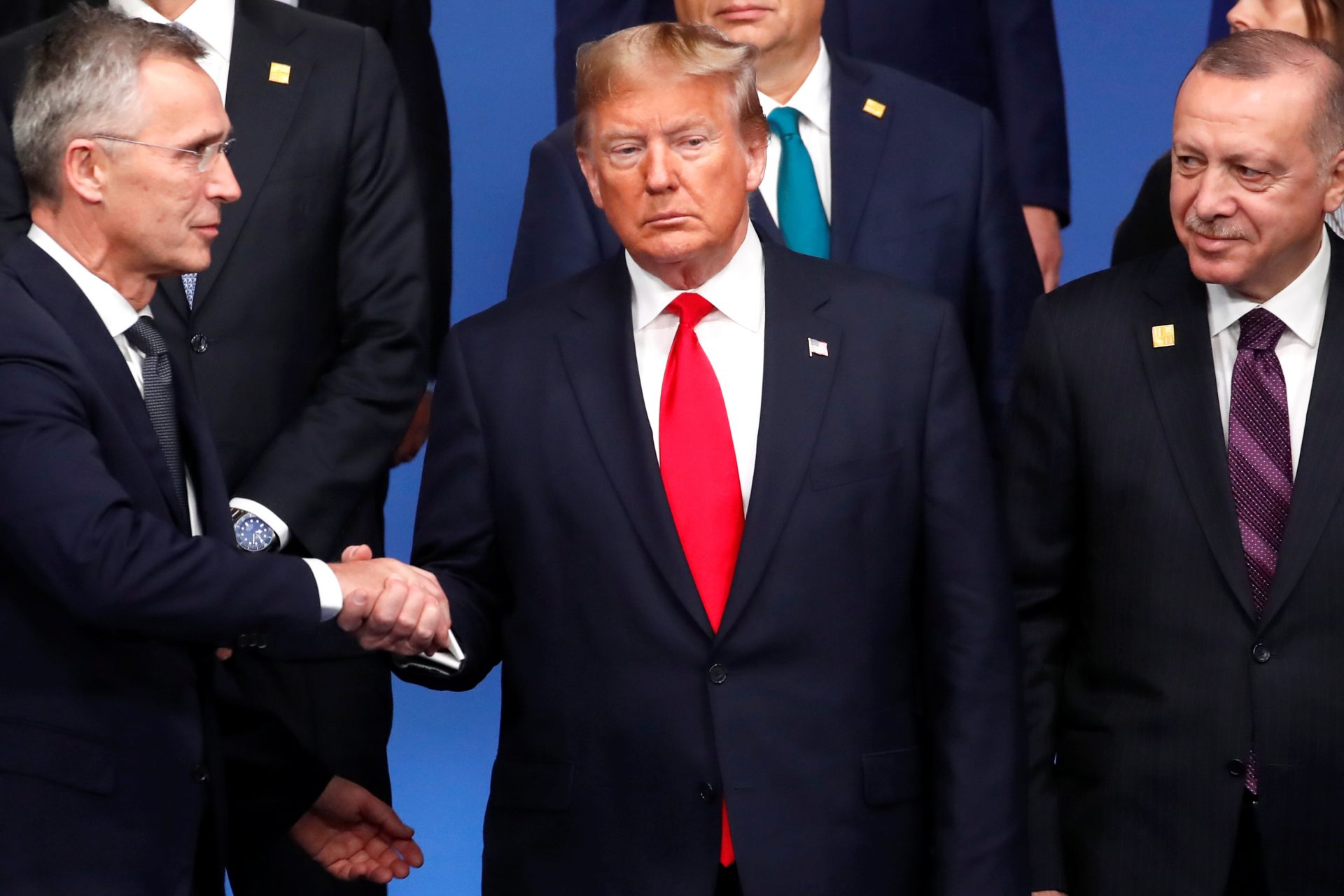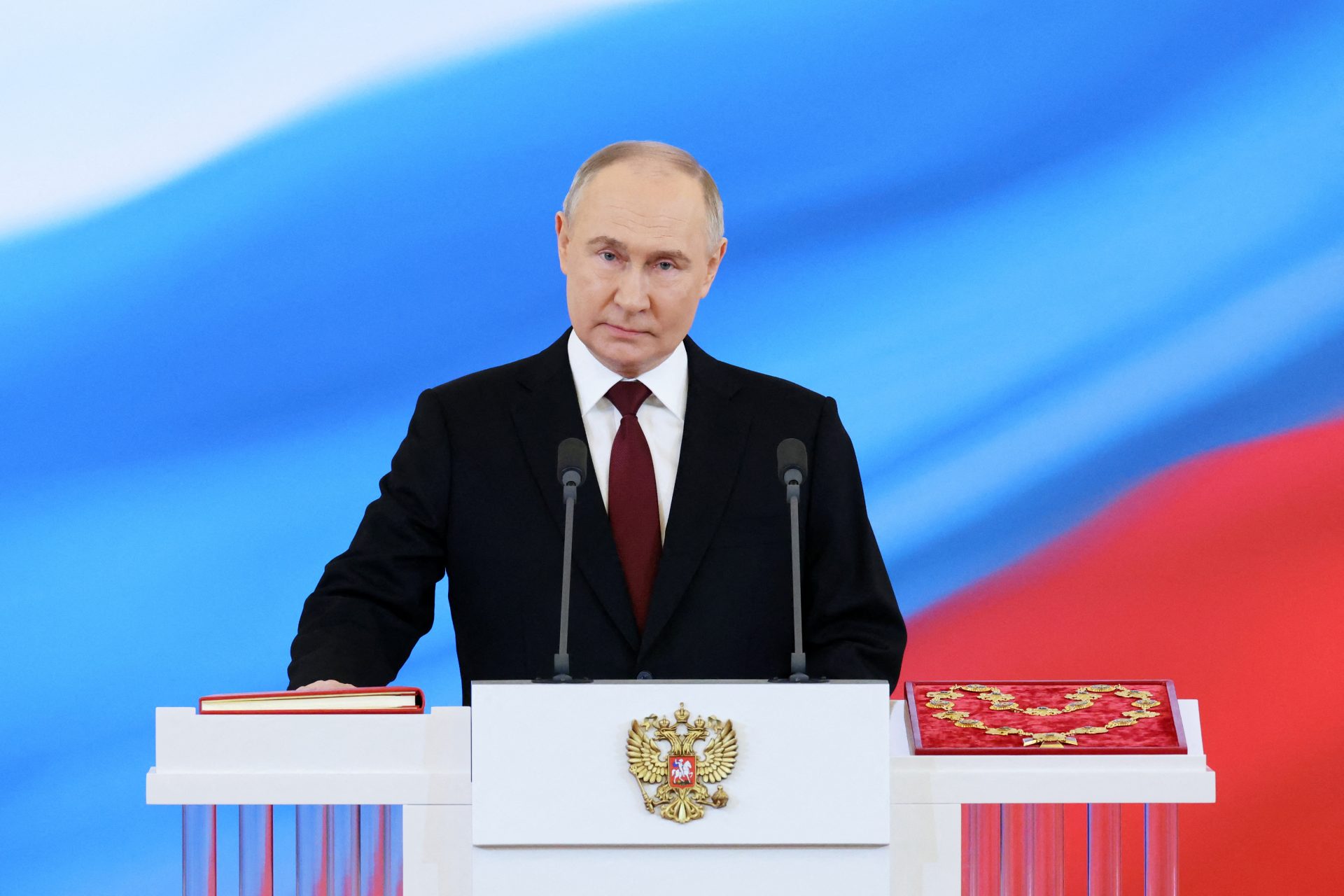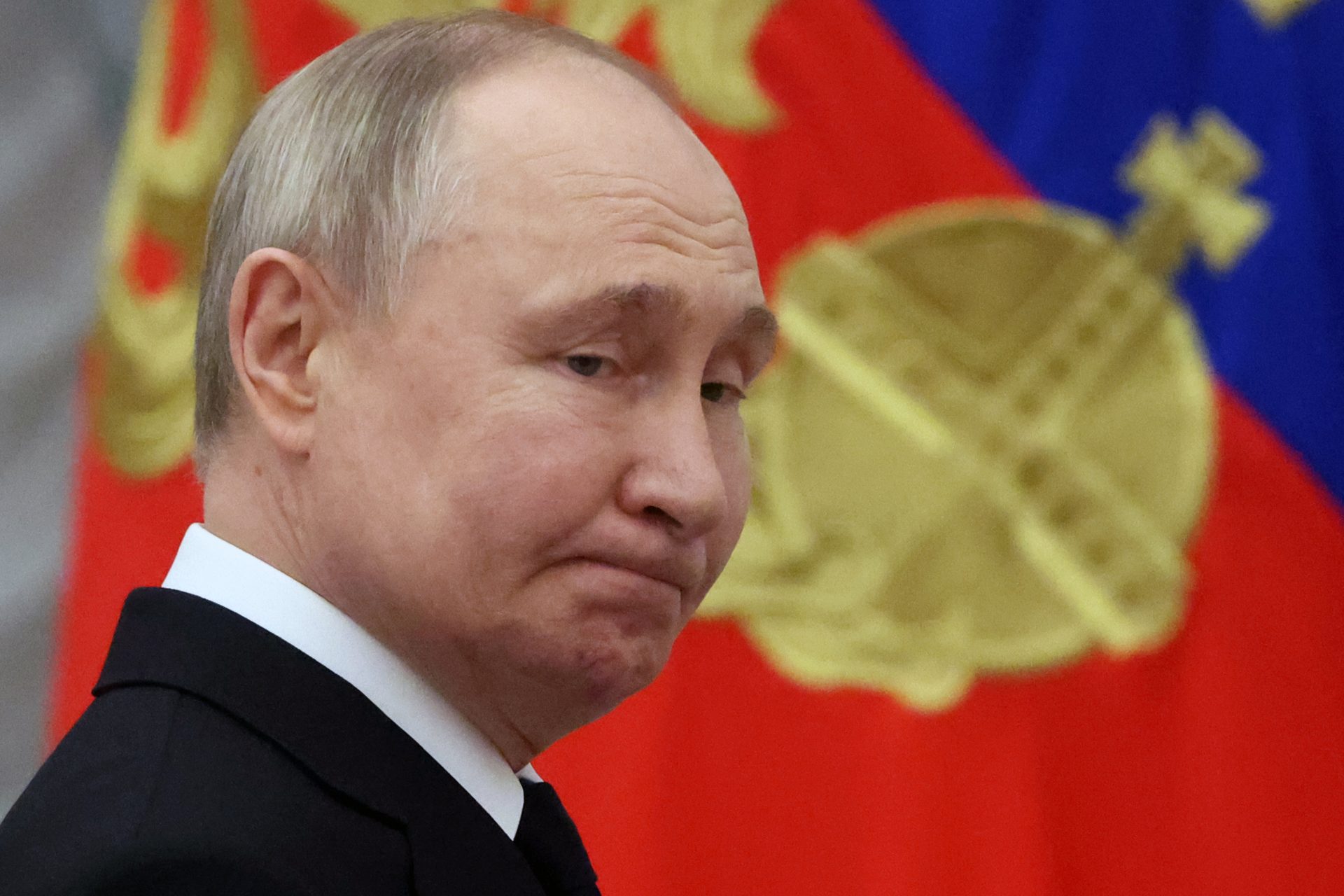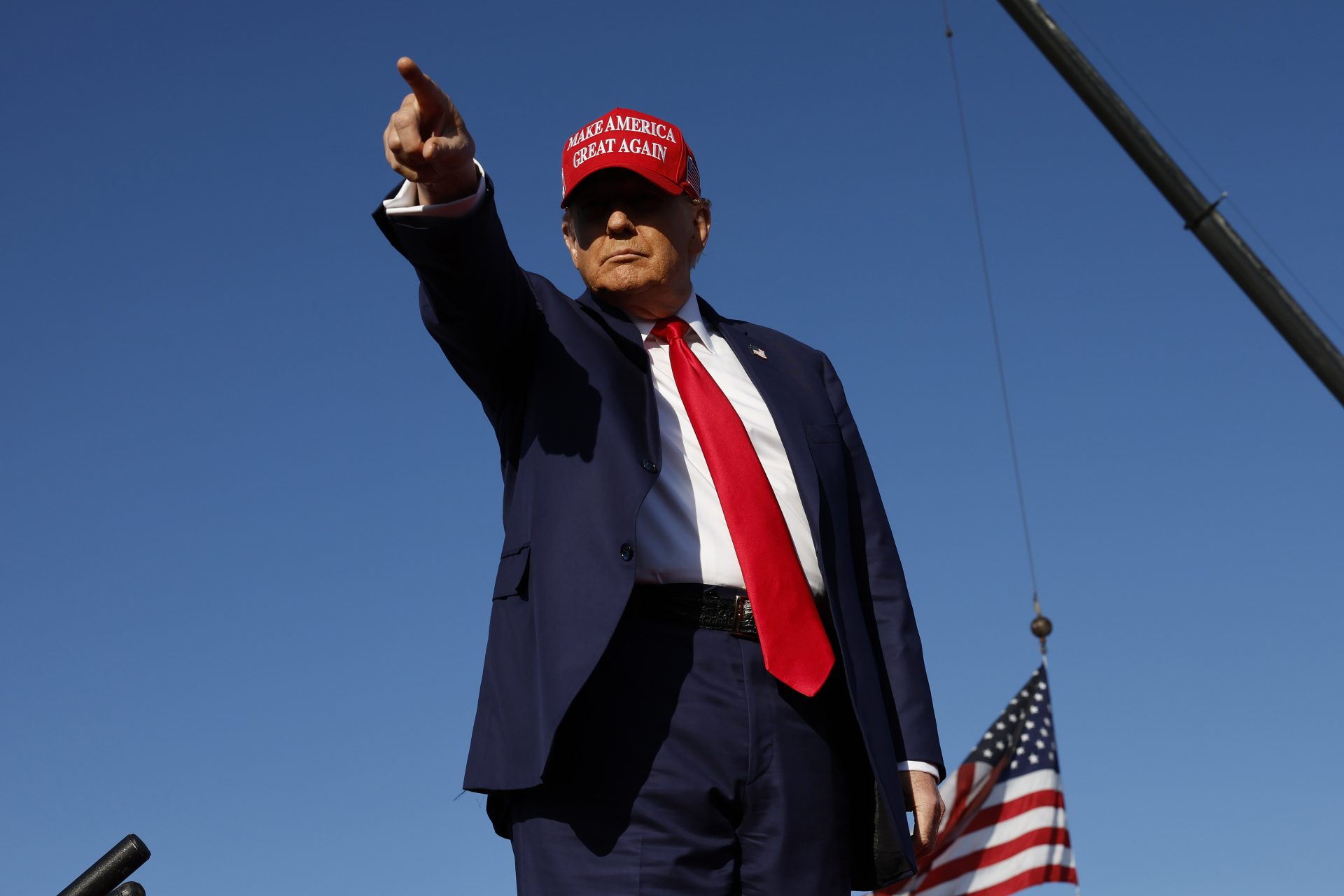Remembering how the Russian invasion of Ukraine changed our world forever
When Vladimir Putin ordered the invasion of Ukraine he thought that the conflict would be over quickly. But instead of a fast fight, Ukraine held on, and the resulting war has changed our world forever.
“Not only has the war threatened the stability of Europe,” wrote analysts from the British-based think tank Chatham House just before the one-year anniversary of the conflict, “it has also impacted food and energy security globally.”
Photo by Twitter @ChathamHouse
Chatham House director Bronwen Maddox outlined several key areas at the time in which Russia’s war changed our world, and almost every one of Maddox's estimations still hold today after another year of war.
Russia’s invasion not only disrupted global peace but also shifted existing alliance structures and strengthened others—a situation that has proved problematic.
Russia’s invasion “breathed new life into NATO and the bond between Europe and the United States” according to David Rising of the Associated Press, but it also “drew Moscow closer to Beijing and the pariah Iran and North Korea.”
Both Iran and North Korea have provided Russia with arms shipments throughout the first year of the war and China is still considering sending lethal aid to help the Kremlin.
As of February 2024, Russia has moved even closer to North Korea and the last year has seen the United States accuse Moscow of buying weapons from Pyongyang. Some of these may have been used in missile attacks on Ukraine in December and January according to the Associated Press.
China and Russia have maintained a strong relationship as the war has dragged on, and a recent National Singapore University Political Science professor Ian Chong explained to Voice of America in February 2024 "that they have each other’s back because they both feel pressure from the U.S."
Iran has proven to be one of Russia's staunchest allies amid Moscow's invasion of Ukraine. A recent leak of internal documents reported on by Haaretz showed that the Kremlin has bought at least 6,000 Shahed 136 drones from Iran, paying for the weapons in part with gold.
Shortly after Russia invaded Ukraine, German Chancellor Olaf Scholz announced a €100 billion rearmament fund for his country’s military, with other nations quickly following suit.
“Before Russia’s invasion,” Chatham House analysts wrote, “European states, such as France and Germany, had failed to adapt to new geopolitical realities in the region and Russia’s actions would lead to a dramatic reappraisal of European security posture.”
European assistance to Ukriane has only deepened since the war began. In early February 2024, Europe showed its commitment to helping Ukriane by passing a financial support and aid package for the country worth €50 billion/
In the same way that machine guns and barbed wire revolutionized war at the turn of the 20th century, small commercial drones changed the way war is fought today.
“For both sides,” wrote BBC News, “drones have been effective for locating enemy targets and guiding artillery fire toward them.”
Drones have also been used to great effect as anti-personal weapons and kamikaze machines that can be flown at a dramatically lower cost than advanced missiles or artillery, and pose little threat to the operator's life.
In December 2023, Forbes reported that Ukraine was manufacturing as many as 50,000 first-person view drones a month at the cost of a few hundred dollars per unit. "Today the FPV might be the most casualty-producing weapon in the Ukrainian inventory," David Axe explained.
When the Cold War ended so too did the threat of a nuclear doomsday that lay at the back of our minds as we went about our daily lives, but all of that has changed now.
“Warnings have also emerged from the West,” Chatham House analysts wrote, “with US president Joe Biden declaring the risk of a nuclear armageddon to be at its highest level for 60 years, bringing the nuclear issue firmly back to the forefront of discussion.”
Over the last year, Russian officials from Putin to Dmitry Medvedev have made a number of series of nuclear threats. Moscow has completed test-fired its new Burevestnik nuclear missile and even pulled out from the Comprehensive Nuclear-Test-Ban Treaty in November 2023.
With Russian oil sanctioned at $60 dollars a barrel and two of the world’s greatest grain producers locked in a life-or-death struggle that sent millions of people to the war’s frontlines, energy, and food insecurity, have risen to become dominant global issues.
“One year on from Russia’s invasion of Ukraine, the global energy landscape has changed dramatically,” wrote the International Energy Agency.
“Regions around the world have experienced soaring prices that have hit consumers hard,” the International Energy Agency added. But there were some positives that came with sanctioning Russian oil.
Europe mostly shifted away from its reliance on Russian gas according to Chatham House’s analysts but the loss of Russian oil in Western markets has made inflation worse, a problem that settled in 2023 but does still continue to agitate global markets.
Putin’s failed invasion of Ukraine has revealed the weakness of Russia’s military, something that will have grave consequences for regional stability going forward according to Chatham House's analysts.
The Center for European Policy Analysis, for example, noted that Moscow’s waning power and ability to “manage regional security challenges” posed in Central Asia by “enhanced hegemonic rivalries” could end up washing “across the wider region.”
The myth of Russian invincibility never returned, but a large number of destroyed military vehicles prompted Russian leadership to shift toward a total war footing that has seen Russia's arms and munition production outstrip what Ukraine's Western allies can produce.
One good example of the new problem can be seen in the amount of money Russia is spending on its defense in 2024. Reuters noted that Russian defense spending jumped by 70% from 2023 to 2024, and added that security and defense 40% of all government expenditure in 2024.
Regardless of what happens in Ukraine, whether Russia wins or loses, we will likely never go back to the world that existed before February 24th, 2022, all we can hope is that the world that emerges from the conflict is one of peace and stability, a prospect that looks less possible by the day.
More for you
Top Stories



